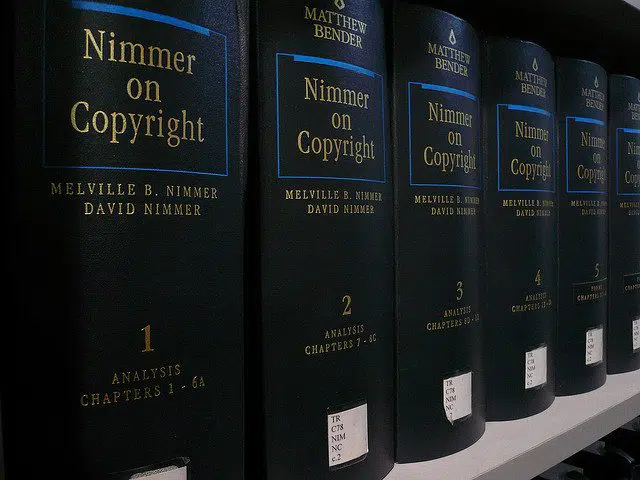Under the Copyright Act of 1976 (hereinafter Copyright Act), “an infringer of copyright is liable for either:
(1) the copyright owner’s actual damages and any additional profits of the infringer; or
(2) statutory damages.” 17 U.S.C. §504(a).
Statutory Damages Defined
Statutory damages are damages that may be awarded in civil law and are stipulated in a statute of the law rather than being measured by the degree of harm to the plaintiff. Statutory damages may be utilized to deter future unlawful behavior. As mentioned in Actual Damages Under Copyright Law, unlike statutory damages, actual damages are damages suffered by someone that can be precisely measured as a result of another’s wrongdoing. (citing [link:] [http://www.lectlaw.com/def/d003.htm]]).
Why Statutory Damages Are Important Under Copyright Law
Statutory damages are important under copyright law for an obvious reason—sometimes it is very difficult or almost impossible to actually measure damages of infringement. For example, if a song or a movie has been leaked prior to its scheduled release date, how can one determine the damages suffered when the damages are merely forecasted? How can one measure precisely what amount is going to deter future infringers? Well, when seeking statutory damages, no evidence must be presented to prove any actual injury, which may expedite the legal process.
Registration
According to 17 U.S.C. §412, “no award of statutory damages . . . shall be made for—
(1) any infringement of copyright in an unpublished work commenced before the effective date of its registration; or
(2) any infringement of copyright commenced after first publication of the work and before the effective date of its registration, unless such registration is made within three months after the first publication of the work.”
Who Determines What Statutory Damages Will be Awarded?
Prior to 1998, a judge solely determined statutory damages. However, in the United States Supreme Court case of Feltner v. Columbia Pictures Television, Inc., the court held that the Seventh Amendment provides a right to a jury trial on all issues relevant to an award of statutory damages in copyright infringement actions, including the determination of the amount of damages itself. 523 U.S. 340, 341 (1998).
How to Determine Statutory Damages
“In determining an award of statutory damages within the applicable limits set by the [Copyright] Act, a court may consider ‘the expenses saved and profits reaped by the defendants in connection with the infringements, the revenues lost by the plaintiffs as a result of the defendant’s conduct, and the infringers’ state of mind—whether wilful, knowing, or merely innocent.’” N.A.S. Import. Corp. v. Chenson Enters., Inc., 968 F.2d 250, 252 (2d. Cir. 1992) (citing 3 Melville B. Nimmer & David Nimmer, Nimmer on Copyright § 14.04[B], at 14–41 (1991)). Moreover, the court has determined that willful infringement exists, for the purpose of awarding enhanced statutory damages, if the defendant “‘had knowledge that its actions constitute an infringement.’” N.A.S. Import, 968 F.2d at 252 (quoting Fitzgerald Publishing Co. v. Baylor Publishing Co., 807 F.2d 1110, 1115 (2d Cir.1986)).
For more information about statutory damages awarded in copyright infringement matters, contact Revision Legal’s copyright attorneys through the form on this page or call (855) 473-8474.




